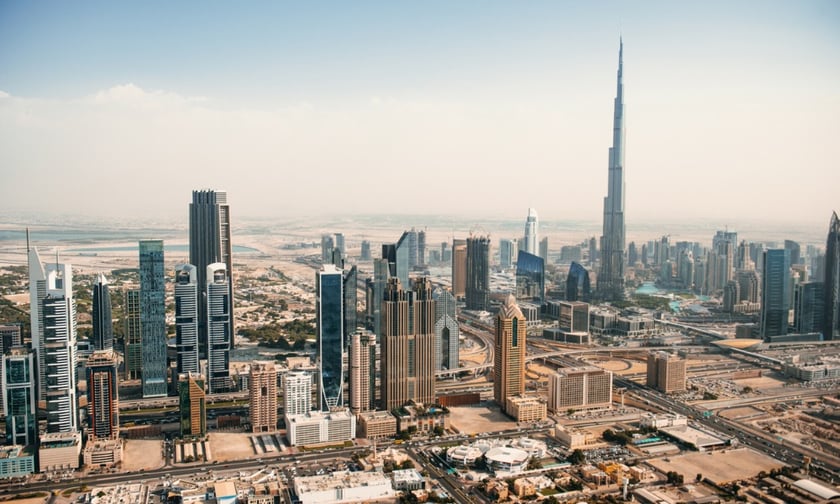

The severe weather conditions that triggered significant flash flooding across the Middle East this month are expected to lead to a surge in claims across motor, property, and business interruption insurance sectors, according to a recent analysis by AM Best.
Particularly impacted was the United Arab Emirates (UAE), which witnessed unprecedented rainfall amounts not seen in over seven decades, resulting in widespread disruptions including power outages, and the shutdown of schools and businesses, as well as considerable delays at Dubai International Airport.
Despite the severity of the situation, the financial implications for UAE's primary insurers are projected to remain within manageable limits, aided by low penetration of insurance within the country and substantial reinsurance protections.
The broader Gulf Cooperation Council (GCC) area has seen a shift in weather patterns, with a notable increase in incidents of hailstorms and heavy rains leading to frequent flash floods. These changes have prompted insurers to implement measures aimed at minimising potential losses, such as issuing alerts during heavy rainfall and promoting protective measures to reduce vehicle damage from hail.
This adjustment in weather conditions has also led to a growing demand for more comprehensive insurance coverage, especially for motor vehicles. This is driven by the increased occurrence of weather-related events and a rise in associated risks, which is expected to lead to higher insurance premiums in the future.
According to AM Best's analysis, the motor insurance sector in the UAE is especially vulnerable to losses from natural disasters, with a significant portion of the risks kept within the local market.
The recent floods have notably affected motor insurance portfolios, with extensive vehicle damage due to water exposure. The standard motor policies issued under the UAE's Ministry of Economy do not automatically cover natural disasters, providing insurers the option to include such coverage.
While comprehensive policies that cover flooding are available, they represent a smaller segment of the market compared to more economical third-party liability policies.
In terms of property insurance, the region has historically seen low levels of insurance penetration for personal property and contents, which has kept insured losses from flood events relatively low. However, with increasing awareness and uptake of insurance in the GCC, the exposure to such risks is expected to grow, posing heightened risks to insurers.
Damage to properties and business interruptions are significant areas of concern, particularly with structural damages and disruptions in business operations during repairs. Typically, these risks are covered under regional fire and allied perils policies, which include comprehensive natural disaster coverage without additional deductibles.
Commercial property and engineering risks in the area are usually transferred to international reinsurers.
In light of recent catastrophic events, AM Best suggests that reinsurers might reconsider their positions in these markets, which could lead to reduced reinsurance capacity and increased rates, as well as adjustments in reinsurance agreements and terms.
